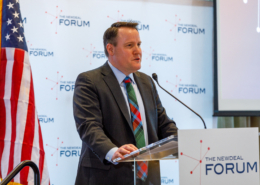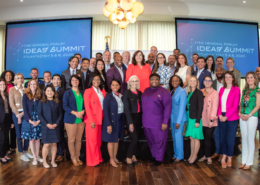Subscribe
Recent News

Juandolyn Stokes Live from the NewDEAL Ideas Summit: “Developing Exceptional Leaders” in the Heart of Atlanta
MediaDonna Lowry | Georgia Public Broadcasting

Lawmakers Huddle: State legislators work on a new deal
MediaDonna Lowry | Georgia Public Broadcasting
 https://newdealleaders.org/wp-content/uploads/2025/05/Leaders.jpg
1440
2560
Rachel Walsh
http://newdealleaders.org/wp-content/uploads/2019/11/logo-tnd.png
Rachel Walsh2025-05-07 21:02:352025-05-09 21:04:35Annual NewDEAL Forum Ideas Summit in Atlanta
https://newdealleaders.org/wp-content/uploads/2025/05/Leaders.jpg
1440
2560
Rachel Walsh
http://newdealleaders.org/wp-content/uploads/2019/11/logo-tnd.png
Rachel Walsh2025-05-07 21:02:352025-05-09 21:04:35Annual NewDEAL Forum Ideas Summit in Atlanta
NewDEAL Welcomes New Class of Rising Democratic Leaders
MediaDan McCue | The Well News





